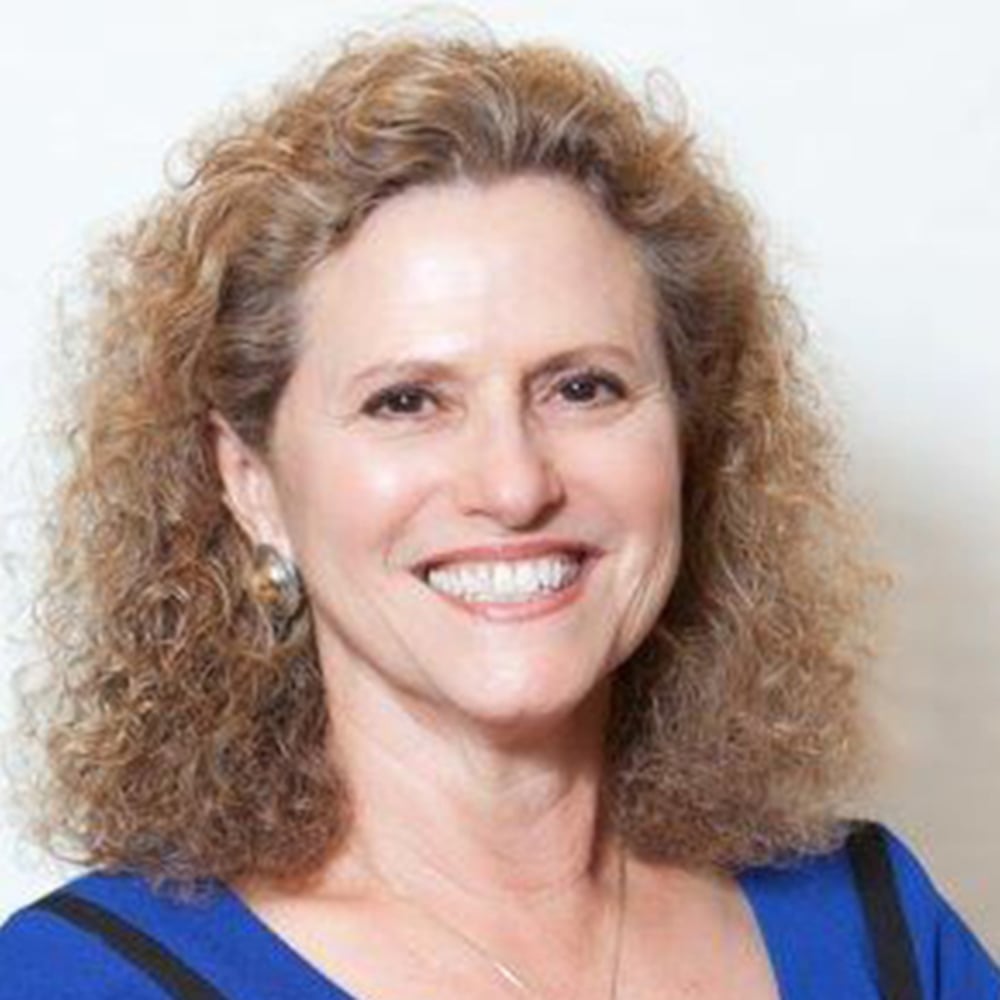A coalition of menstrual health organizations is appealing a decision by the Texas Comptroller’s Office to deny its protest against the state sales tax, which they say unfairly and unconstitutionally does not exempt tampons, pads and other hygienic products.
If the dispute isn’t resolved on the administrative level, Meghan McElvy, partner at the Houston-based international law firm Baker Botts, said she plans to take the case all the way to the Texas Supreme Court if necessary. The law firm is taking up the case pro bono on behalf of the Texas Menstrual Equity Coalition.
“It’s just kind of a no-brainer issue to me,” McElvy said. “(Male) libido enhancers are tax-exempt, but medically necessary products for women are not.”
The group, which includes a large number of youth-led advocacy organizations, has asked for a re-determination hearing from the Comptroller’s Office. It comes after the agency denied their original request for a refund of sales tax on tampons, pads and panty liners bought by a Harris County woman.
This is just the latest effort in a national movement that kicked off in the 2010s aiming to end the so-called “tampon tax.”
As of now, a slim majority, or 26 states, tax menstrual products, while the rest do not, either because they have exempted them or because they’re one of the five states that don’t levy a sales tax, according to Period Law, an advocacy and legal organization.
States with exemptions include Illinois, Maryland, Massachusetts, Minnesota, New Jersey and Pennsylvania.
In Texas, state lawmakers in recent years have attempted to pass bills on the matter without success. Rep. Donna Howard, D-Austin, who chairs the Texas Women’s Health Caucus, has filed a bill every session since 2017. In 2021, House Bill 321 got out of committee but never made it to the House floor — the most progress any such bill has ever made.
Howard credited young women in high school and college, many of whom belong to groups that run donation drives to help low-income people access the products, with moving the needle last year by showing up in Austin to testify on the bill. She said she hopes to to build on their progress in the upcoming legislative session.
“We know there are a large number of Texas girls and women who do not have enough money to afford these products,” she said. “(A sales tax exemption is) not going to go a long way, but it’s a step in right direction.”
Howard said most of the pushback at the Legislature comes from members concerned about the budget. The Comptroller’s Office estimated in 2021 that the bill would have cost the state about $42 million in lost revenue in the next two-year budget cycle.
“In the grand scheme of things, this is a very small fiscal impact,” Howard said. “I keep going back to the discriminatory part of it because at some point, you make decisions because they’re the right decisions to make.”
I say they’re necessary health products, and on those grounds they should be exempted from the sales tax, as many other items are. The amount of revenue it would cost the state is pocket change in context of the budget. Legalizing marijuana, as Oklahoma has recently done, would generate far more than that to make up for it. Don’t even get me started on the various property tax loopholes and exceptions that could be fixed as well. This is a small thing we can do to make life a little easier for a lot of people. As Ms. McElvy says, it’s a no-brainer.


McElvy says it is a no brainer, but I would love to get to court and argue this one, because she is somehow creating a sex war by comparing these products to male libido enhancers, but we all know that men menstruate as well. Her argument
I am against sales tax because it is taxing money twice. I pay income tax on my money, then I pay a tax to spend it. Or if I save or invest my money I have to pay a tax on the gains. The only way to save and avoid tax is to put my income in a box at home.
Meanwhile, this tax should encourage women to purchase washable products like GladRags that help the planet. There is no reason for women to be polluters and destroyers of our environment to buy a wasteful corporate product.